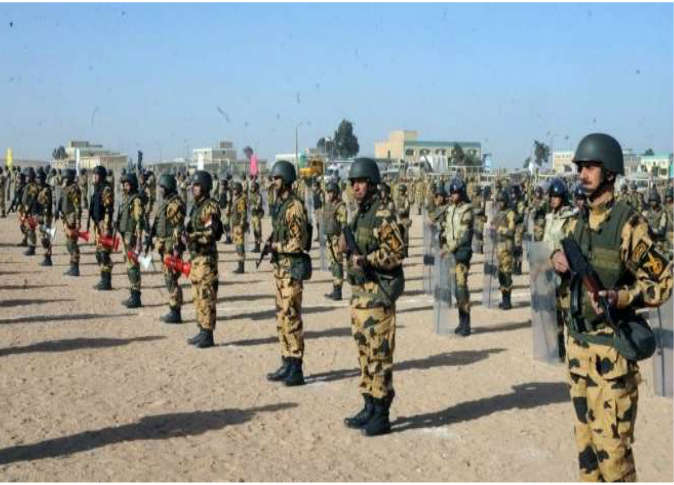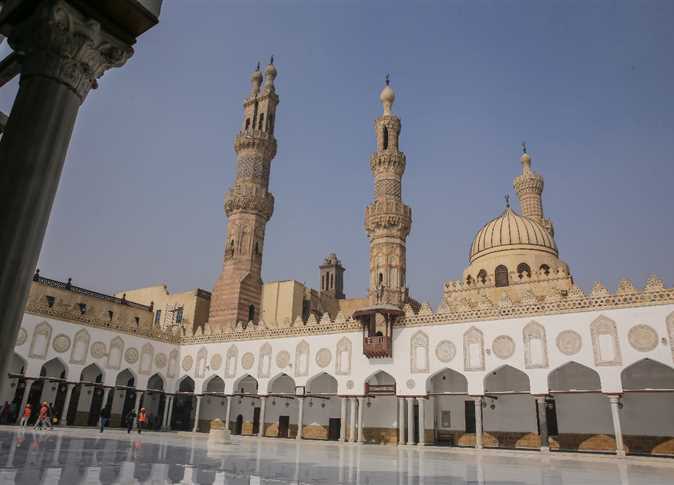
The Constituent Assembly’s Freedom and Rights Committee changed the language in the articles dealing with freedom of belief, human trafficking and the press on Tuesday, sources said.
The Salafi Nour Party agreed with Judges Club head Ahmed al-Zend to mount pressure on the assembly regarding articles related to judicial authority.
The committee decided to amend Article 8 related to freedom of belief, writing “the freedom of belief is absolute,” instead of “guaranteed.” It also added to the sentence, “The country guarantees establishing houses of worship and practice of rituals in the manner defined by the law” a clause stipulating that “rituals are practiced in conformity with public order.”
The committee also replaced “violation of women’s rights” in Article 29 to “the trafficking of women.” The new article states that, “slavery, coercive labor, violation of the rights of women and children, and sex trade are banned,” according to the sources.
It also added to Article 10 that “confiscation, stoppage and cancellation [of the press] can only be through a judicial verdict” to prevent the closure or ban of newspapers by executive decree.
Constituent Assembly head Hossam al-Gheriany also said the assembly would next week decide whether the Shura Council should stay or be abolished in the new constitution.
“We will listen to all views, for other articles are contingent upon this point,” he said.
Some have suggested that the non-binding advisory council should either have legislative powers or be abolished altogether.
According to the 1971 Constitution that was suspended, two-thirds of the council’s members are elected, while the president appoints the remaining third.
Gheriany also said the assembly chose certain public figures to act as its spokespersons. “No members would be allowed to attack the assembly in the media,” he said.
Meanwhile, Al-Azhar representative Hussein al-Shafei said Sharia should be the main source of legislation in the new constitution because it preserves the rights of both Muslims and non-Muslims.
“Christians would have the right to resort to their own religion in personal matters,” he said. “The Sharia is a comprehensive legal system for all time.”
However, Shafei opined that Al-Azhar should not be tasked with interpreting the principles of the Sharia. “This is up to the Supreme Constitutional Court,” he said. “We must separate powers.”
Edited translation from Al-Masry Al-Youm




